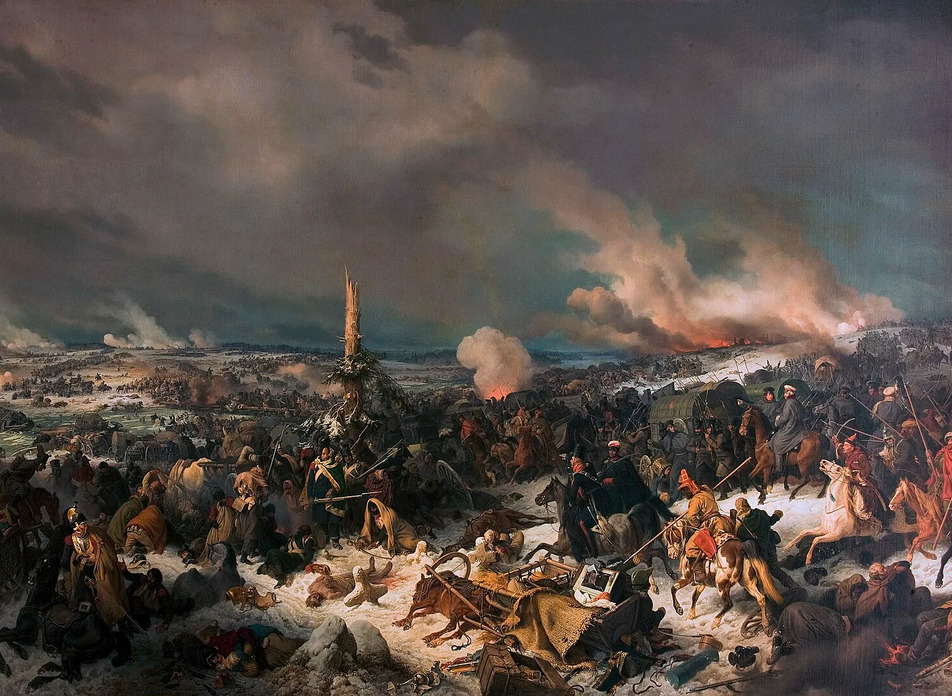
The gears of history grind slowly, but their echoes still rattle modern politics. A draft law now circling the corridors of power proposes etching March 31st into Russia's calendar as the "Day of Paris' Fall" – a crimson stamp commemorating the 1814 capitulation that crushed Napoleon's ambitions like a beetle under a cavalry boot.
Lawmakers pitch this holiday as "antidote to historical amnesia", claiming it would:
The chosen date – March 31 (or March 19 by the old Julian calendar) – marks when Parisian gates creaked open before Russian troops at Lavillette, ending what the bill describes as "a continental dance macabre orchestrated by Bonaparte's ambition".
In curious parallel, restorers at a major museum peel back centuries from Titian's "St. Sebastian", their X-rays revealing ghostly figures beneath the paint – much like historians still uncover new layers beneath the Napoleonic Wars. The canvas, darkened by time's inexorable varnish, slowly yields its secrets to modern tools, just as the past reluctantly surrenders its truths to persistent inquiry.
Whether this proposed holiday will shine like polished brass or tarnish in debate remains uncertain. But the very proposition proves how 19th-century cannon smoke still lingers over 21st-century policy.